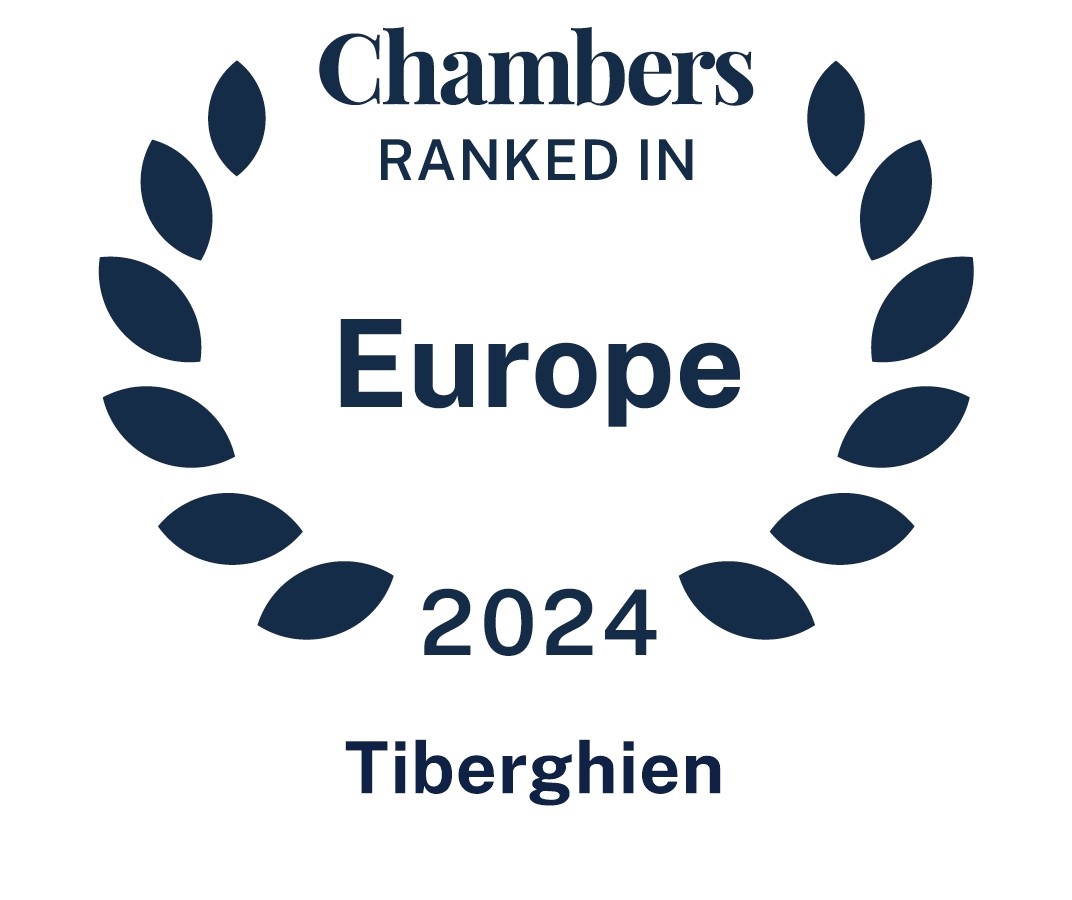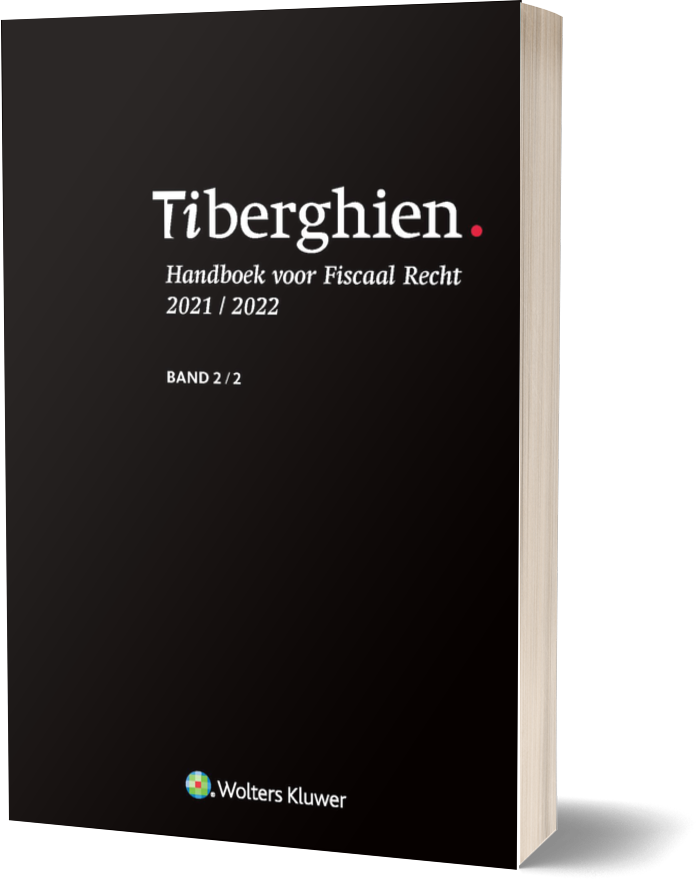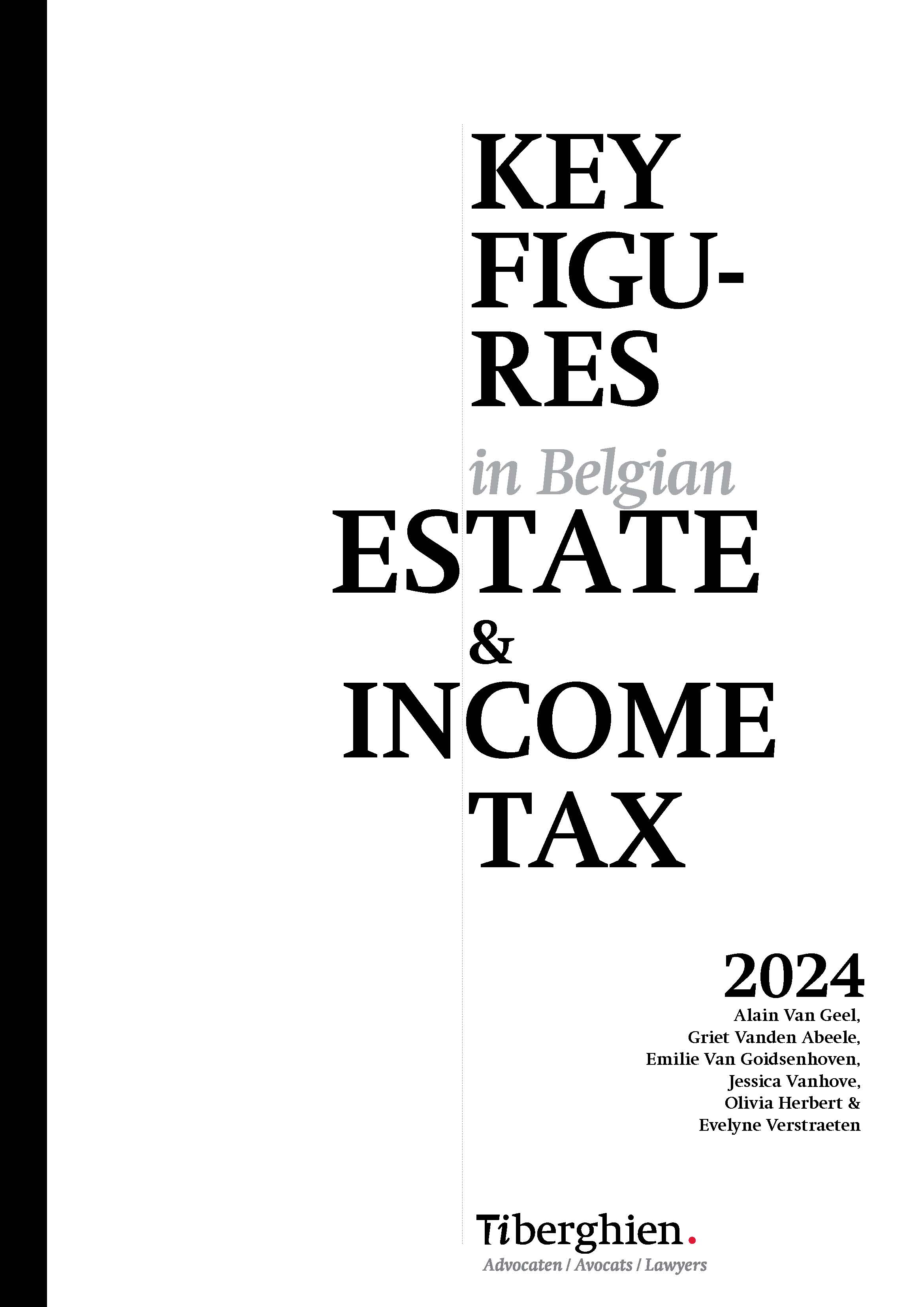Please note that these changes are currently only proposals. Before entering into force, the Commission’s proposals first need to be adopted by the Council, acting unanimously after having consulted with the European Parliament, who may decide to propose further amendments.
Provisions effective on the 20th day following the publication of the adopted proposal
Possibility to apply reduced VAT rates to e-publications
Currently electronically supplied services including e-publications have to be taxed at the standard VAT rate of minimum 15%, whereas the option has been provided to Member States to tax publications on any means of physical support at a reduced rate of minimum 5% and in some cases even at a super-reduced or zero rate. As such, Belgium applies a zero VAT rate to printed newspapers and periodicals.
In its proposal, the Commission foresees the possibility (read: not an obligation) for Member States to apply the same VAT rates to electronically supplied publications as are currently being applied to printed publications, including the reduced, super-reduced and zero rates. The possibility to apply super-reduced rates or to grant exemptions to the supply of books, newspapers and periodicals will be expanded to all Member States. For Belgium this could potentially mean that e-books and other e-publications will be taxed at a reduced rate of 6%. Electronic newspapers and periodicals may even become zero rated.
Provisions with effect from 1 January 2018
Introduction of a new threshold to determine the place of supply of electronic services2
Under the current regime, taxable persons carrying out electronic services in a B2C context will become liable to pay VAT of the Member State in which the final consumer is established as from the first supply. As simplification schemes for small enterprises are usually limited to established businesses, SMEs and micro-businesses were often reluctant to engage in the supply of electronic services as this would immediately trigger a direct VAT registration in other EU Member States or a MOSS3 registration under the ‘Union scheme’.
The proposal therefore introduces a new threshold of EUR 10.000 below which the place of supply of electronic services, supplied to non-taxable persons located in any other EU Member State than the Member State in which the supplier is established, remains in the Member State of the supplier. However, this provision will be optional for businesses. In our view, the value of the services rendered to taxable persons established in the Member State of the supplier should in principle not be taken into account for the calculation of the threshold.
Invoicing rules and bookkeeping
Businesses supplying services which fall under the MOSS scheme currently have to comply with the invoicing rules of every Member State in which supplies are being made. In addition, invoicing rules vary greatly between different Member States. The Commission now proposes to enable suppliers to only use one single set of invoicing rules to all services covered by the MOSS scheme, namely those of the Member State of identification. In our opinion, this new rule will greatly reduce administrative burdens for supplies covered by the MOSS. In a similar vein, the duration of the period for keeping records in both the Union and non-Union scheme will be defined by the Member State of identification, instead of the current period of 10 years, which largely exceeds the record keeping requirements of most Member States.
Taxable persons not established in the Community who are VAT registered in a Member state will be enabled to use the non-Union scheme
As a result of an oversight of the European legislator, taxable persons who are not established within the Community, but are VAT registered in one or several Member States are excluded from both the Union and the non-Union MOSS scheme. Therefore they cannot benefit from the simplifications offered by the MOSS and have to register for VAT in each Member State to which they supply of electronic services are being made. The Commission now offers a solution to this shortcoming by enabling these companies to use the non-Union scheme.
Simplified evidence requirements for suppliers of electronic services who have less than EUR 100.000 turnover
One particular VAT obligation which is often cited as being extremely burdensome for businesses, in particular for SMEs and micro-businesses, relates to the obligation for suppliers of electronically supplied services in a B2C context, to collect two items of non-contradictory evidence of the place of establishment of the customer. The main reason why this requirement is seen as particularly onerous is because it requires significant technological investments which are disproportionate to the level of cross-border sales which are being performed.
In response to this particular obligation the Commission now proposes a simplification for suppliers of electronic services whose total annual value of such supplies does not exceed EUR 100.000. In our view, the value of the services rendered to taxable persons established in the Member State of the supplier should in principle not be taken into account for the calculation of the threshold. For this category of businesses a single piece of evidence will be sufficient as from 1 January 2018 to the extent that the proposal will be accepted.
Provisions with effect from 1 January 2021
Extension of the current scope of the MOSS system – uniform threshold for distance sales – abolishment VAT exemption for importation of small consignments
The scope of the MOSS system, which currently only applies to telecommunications, broadcasting and electronically supplied services (e.g. sales of mobile phone apps) could be extended as to include the following transactions:
- Services supplied by taxable persons established within (Union scheme) or outside (non-Union scheme) the Union to non-taxable persons other than electronic services4.
- Intra-Community distance sales of goods supplied by taxable persons established within the Community (Union scheme).
- Distance sales of goods imported from third countries of an intrinsic value not exceeding EUR 150 (new import scheme). The extension of the MOSS system to the supply of goods under the distance sales regime should be read together with a number of other proposed measures in this area.
First of all, the Commission has proposed to remove the current thresholds for distance sales. These thresholds will be replaced by a uniform, Community-wide threshold of EUR 10.000.
Secondly, the Commission proposes to remove the current VAT exemption for the importation of small consignments of negligible value not exceeding a total value of EUR 10 up to EUR 22 (amount to be decided by each Member State).
Against this background, the Commission introduces a new MOSS scheme (the import scheme) for distance sales of goods with an intrinsic value (i.e. excl. insurance and freight costs) not exceeding EUR 150 that are imported from third countries or third territories.
Both established and non-established vendors are eligible for the import scheme. However, vendors who are not established within the Community should designate an intermediary. There are two exceptions to this requirement: no intermediary must be appointed by the vendor when he is authorized by the Member State of identification or when he is established in a country with which the EU has concluded an agreement on mutual assistance.
In short, the import scheme will allow businesses to declare and pay VAT in the Member State of consumption (i.e. the Member State in which the transport to the customer ends), while simultaneously granting an exemption for the importation of the goods. The exemption is either granted in the Member State of importation or in the Member State of supply; the latter will be the case in those situations where the Member State of consumption and the Member State of importation are the same.
Finally, where import VAT is due on distance sales of goods from third countries or third territories which has not been reported or accounted for via the import scheme, the Commission has set out simplification measures whereby the person presenting the goods to the customs authorities is able to report and pay import VAT electronically through a monthly declaration on behalf of the person for whom the goods are destined. When making use of this special declaration, the standard VAT rate is applied. It is possible to request the application of a reduced rate, however, in that case a standard customs declaration would be required.
Improvements to the compliance rules governing the MOSS return
In response to some concerns raised by businesses, the Commission has proposed a solution for two specific issues:
- The first issue relates to the relatively short period in which the MOSS return must be submitted. To tackle this problem the Commission has proposed to extend the deadline to submit the MOSS return from 20 to 30 days following the end of the tax period, granting taxpayers an additional ten days to file their declarations.
- A second common complaint of businesses concerns the inability to perform corrections to a previous MOSS return in a subsequent return. Instead, any corrections concerning a previous tax period should now be made to the MOSS return corresponding to that specific tax period. The Commission has now proposed the necessary amendments to make it possible to amend a previous MOSS return in a subsequent MOSS return, at the latest within three years of the date on which the initial return was required to be submitted.
The above changes are applicable to all MOSS schemes (the Union scheme, the non-Union scheme and the newly proposed import scheme).
For more information about this topic, please contact our VAT team:
Stijn Vastmans - Partner (stijn.vastmans@tiberghien.com)
Stein De Maeijer – Senior Associate (stein.demaeijer@tiberghien.com)
Gert Vranckx - Associate (gert.vranckx@tiberghien.com)
Loulou Geboers - Associate (loulou.geboers@tiberghien.com)
Nils Vanhassel - Associate (nils.vanhassel@tiberghien.com)
_____________________________________________________
1COM/2016/755: Proposal for a COUNCIL REGULATION amending Regulation (EU) No 904/2010 on administrative cooperation and combating fraud in the field of value added tax (link)COM/2016/756: Proposal for a COUNCIL IMPLEMENTING REGULATION amending Implementing Regulation (EU) No 282/2011 laying down implementing measures for Directive 2006/112/EC on the common system of value added tax (link)
COM/2016/757: Proposal for a COUNCIL DIRECTIVE amending Directive 2006/112/EC and Directive 2009/132/EC as regards certain value added tax obligations for supplies of services and distance sales of goods (link)
COM/2016/758: Proposal for a COUNCIL DIRECTIVE amending Directive 2006/112/EC, as regards rates of value added tax applied to books, newspapers and periodicals (link)
2Telecommunication, radio and television broadcasting services and electronically supplied services.
3The MOSS or ‘Mini One Stop Shop’, is an EU wide online portal which is currently being used to declare and pay VAT on the supplies of telecommunication services, broadcasting services and electronic services (e.g. sales of mobile phone apps) to non-taxable persons (B2C). The MOSS was introduced following the 2015 changes to the place of supply rules. These rules ensure that VAT is paid in the Member State of the final consumer, leading to a fairer distribution of tax revenues amongst EU countries. There are currently two different “MOSS schemes”: a so-called “Union scheme” for taxable persons established within the Community, and a “non-Union scheme”, which applies to non-established taxable persons.
4Evidently these services should be deemed to take place in the Member State of consumption.





